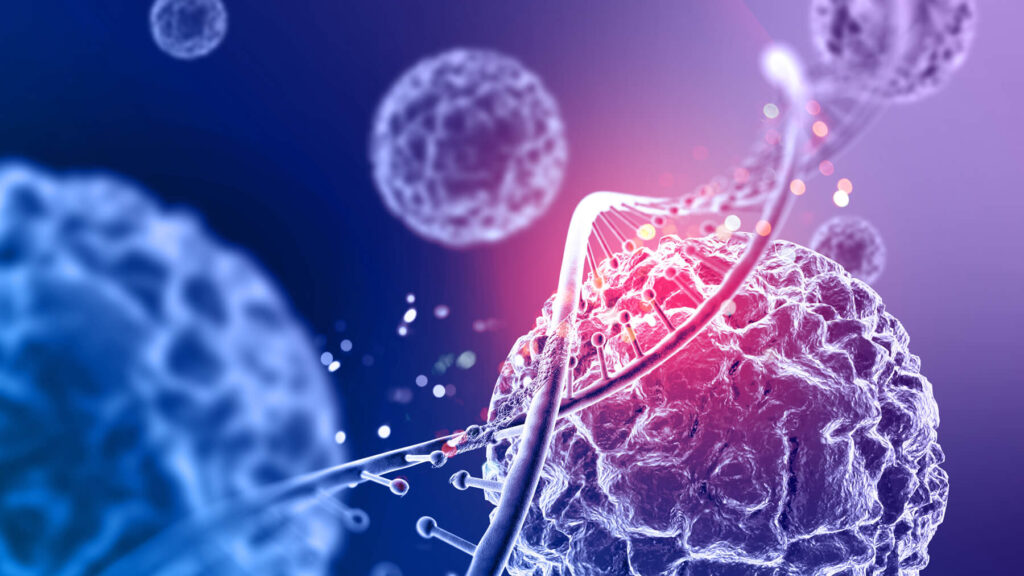
Diseases are widely known and treated around the world, with access to many resources and experts. However, rare medical conditions called rare diseases are health problems that are often overlooked and little known. In this article, we will discuss the diagnosis, treatment and patient advocacy of these diseases.
Diagnosis of Rare Diseases
Diagnosing these diseases often requires a long and complex process. In many cases, the symptoms of these diseases are similar to other common diseases, making diagnosis difficult. The diagnostic process consists of the following stages:
1. Genetic Tests:
Since most rare diseases are of genetic origin, DNA analyzes and genetic tests are important in diagnosing the disease.
2. Expert Opinions:
Diagnosis of rare diseases is made by clinical observations and experiences of specialist physicians. Often different experts may need to come together.
3. Biochemical Tests:
Biochemical tests such as blood or urine are used in the diagnosis of some rare diseases. These tests are important to identify metabolic disorders.
Treatment of Rare Diseases
The treatment of these diseases varies depending on the type of disease, its severity, and specific needs. Treatment options may include:
1. Symptomatic Treatment:
Medications or other medical interventions are used to relieve symptoms. This treatment may improve the patient’s quality of life.
2. Gene Therapy:
Some of these diseases are caused by genetic mutations. Therefore, gene therapy has developed and opened a promising avenue for treating certain diseases.
3. Experimental Treatments:
New drugs or treatment methods that are in the research phase can be tried in the treatment of these diseases.

Patient Advocacy
The patient advocacy is of great importance for individuals living with rare diseases and their families. Patient advocates can:
1. Raising Awareness:
To raise awareness and awareness in society about these diseases.
2. Providing Access to Resources:
Patient advocates can make it easier for patients and their families to access the resources they need.
3. Research and Funding:
Raising funds and providing funding for research on these diseases.
Diagnosis, Treatment and Patient Advocacy
Rare diseases are among the medical conditions that require special attention and effort in diagnosis and treatment. Diagnosis, treatment, and patient advocacy are vital to improving the quality of life of these patients and achieving better outcomes. Raising public awareness on this issue and supporting individuals living with the disease can provide a better understanding and treatment of these diseases.